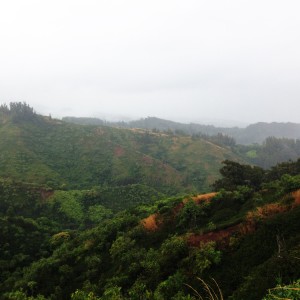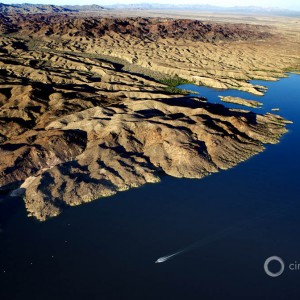The Stream, February 12: High Levels of Benzene in California Fracking Waste Water
The Global Rundown |
Fracking waste water in California is showing off-the-charts benzene contamination, and residents of Detroit suburbs will likely see a huge hike in water rates. The United Nations is funding flood relief in Malawi, and the European Union and Unicef are funding a training center for water workers in Angola. Lawmakers in South Carolina are working on a bill to better control surface water withdrawals for large farms.
“They are just phenomenal numbers.” – Timothy Krantz, professor of evironmental studies at the University of Redlands, on levels of benzene reported in fracking waste water in California. (Los Angeles Times)
By The Numbers |
11.3 percent – Proposed increase in water rates for suburbs of Detroit, released yesterday by the Detroit Water and Sewerage Department. This is the largest rate jump in years, and comes as DWSD is preparing to transition to a regional water authority for Southeast Michigan. Detroit Free Press
$US 9.2 Million – Emergency funds given by the United Nations and its partners for flood relief in Malawi. Flash floods have left 104 dead, 645 injured, 172 missing, and 230,000 displaced. Reuters Africa
Science, Studies, And Reports |
Levels of benzene in waste water from oil fracking operations in California are, on average, 700 times the federal safety limit, according to new data compiled by the Center for Biological Diversity. Self-reporting requirements put in place last year allowed a first look at the composition of fracking “flowback” in California. Out of 329 well samples, 98% contained benzene levels that exceeded federal and state water quality standards. Los Angeles Times
On The Radar |
Angola is planning to use funds from Unicef and the United Nations to build a training center for water workers. Less than half of Angola’s population has access to clean water. Bloomberg News
State lawmakers in South Carolina are working on a bill that would limit the amount of surface water siphoned by “megafarms”. The bill closes a loophole in a previous surface water withdrawal law, and would not impact existing withdrawals. The State
is both a scientist and a journalist, she holds an MS in Environmental Engineering from Michigan Technological University, and she brings proficiency in ESRI’s ArcGIS mapping software.






Leave a Reply
Want to join the discussion?Feel free to contribute!